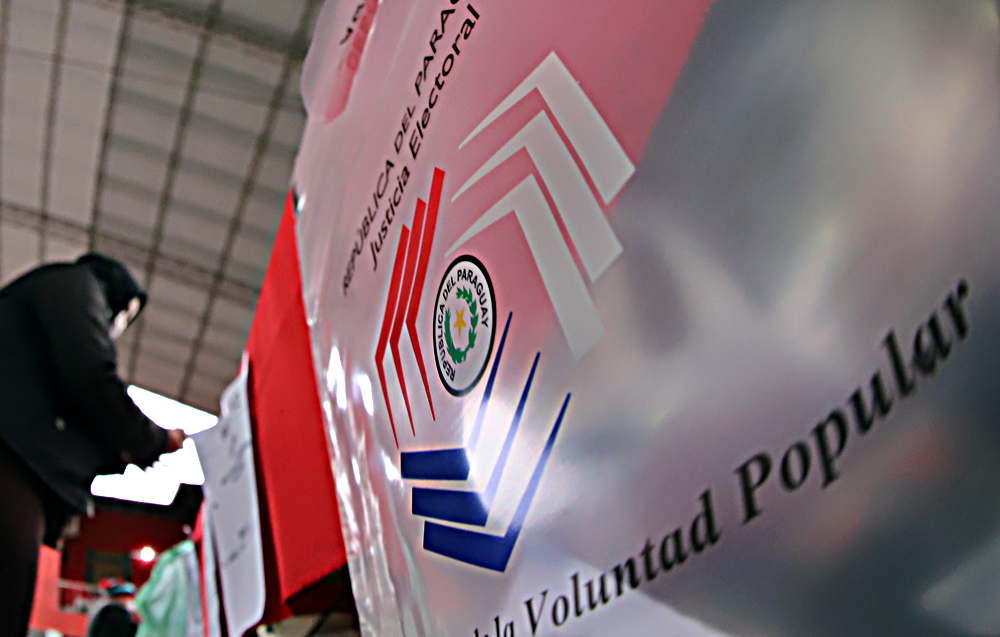Through TSJE Resolution No. 145/2023, the Superior Court of Electoral Justice (TSJE) established the regulations approved for the application of the fine for not voting in the elections.
The Electoral Justice released this Thursday the regulation -consisting of 17 articles- to apply sanctions to those people who do not go to vote in the National Elections this Sunday, April 30.
According to the norm, the Public Ministry must request an electoral judge corresponding to the polling place to apply the sanction provided for in the Electoral Code for those who do not go to vote.
After the elected authorities have been proclaimed, the Electoral Registry Office of the TSJE will draw up a list of qualified citizens who did not come to cast their vote, specifying the department, district, area, location and polling station.
Those over 75 years of age, citizens residing in foreign countries where polling stations were not set up, persons deprived of liberty, electoral magistrates and Electoral Justice officials who performed duties on the day of the vote will be excluded from the list. .
Within the norm, the presentation of justifications by voters who for some reason cannot go to vote is contemplated. They may be presented within 60 days after the publication of the list of fined.
The lists must be sent to the competent electoral prosecutors within a period of 120 calendar days, counted from the date of the elections (in this case, April 30). Within a period of 10 days, the fiscal agent will request the electoral judge to apply the sanction, corresponding to the payment of a fine of a minimum wage.
The final list of “sanctioned” people who must pay the fine for not going to vote will be published on the TSJE website.
After the final sentence is final, the people who appear on the list will have 30 days to pay the fine.
#JEInforma | TSJE approves regulations for the application of fines for not voting.
?More details at: https://t.co/q8CWh8X326 pic.twitter.com/6U3tnNN8TY
— Electoral Justice ?? (@TSJE_Py) April 27, 2023
















